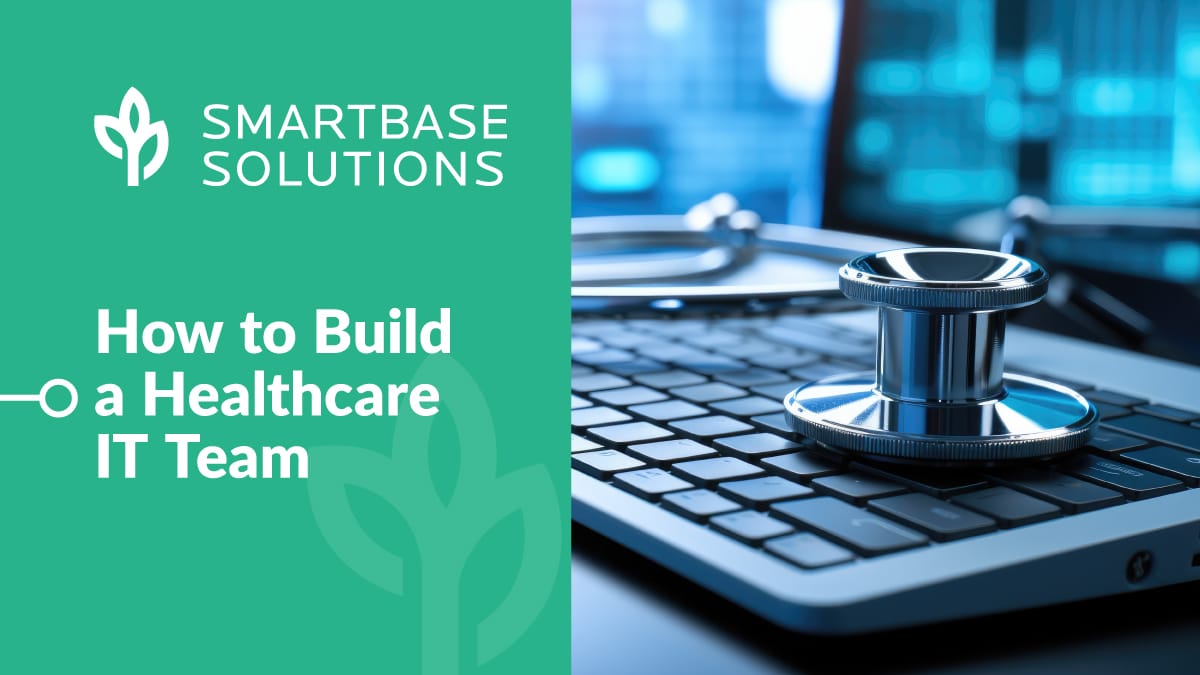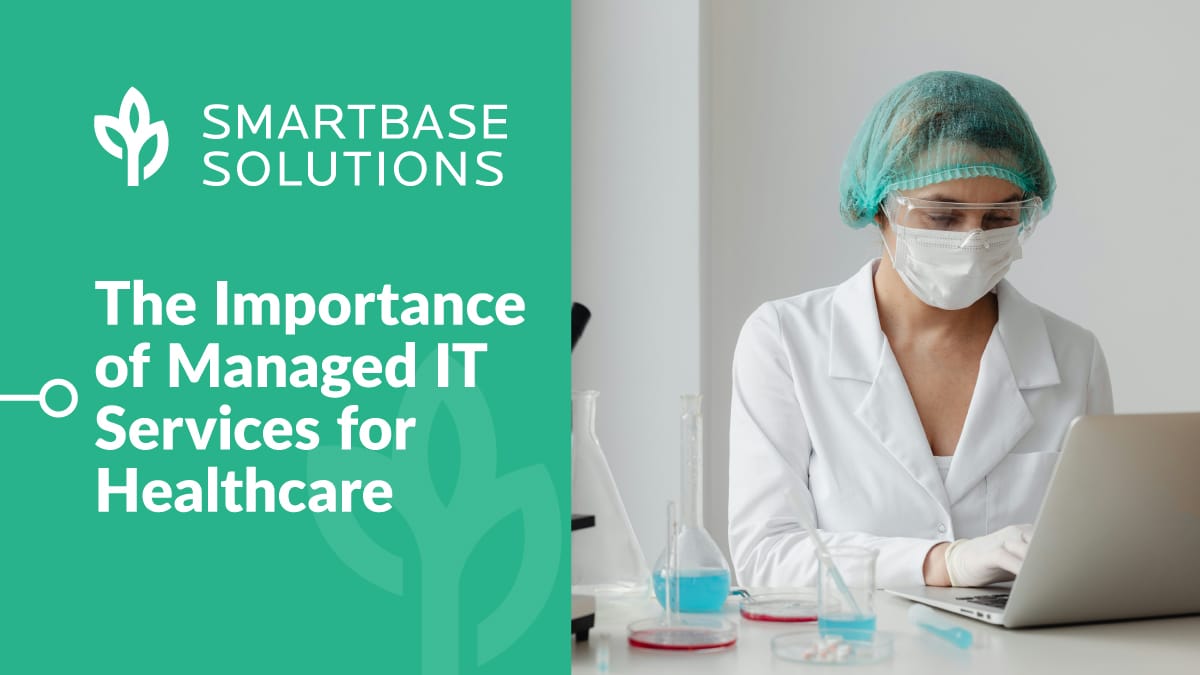This statistic blew me away: A single patient in one day can generate 100 million data points.
Think of the number of patients in a given hospital. If you have 300 patients in a hospital at a given time, that is 30 TRILLION data points per day. What is happening to all of that data? I would guess 90% of it isn’t used or even looked at.
Could that data be better used to provide better care in real-time? That was the topic of IBM’s Inhi Cho Suh at the TED@IBM conference last week.
In her example of how big data can be used to transform healthcare, she talks about intensive care units. The many systems and machines running at one time surround the patient with white noise and interruptive alarms. She explains that alarms were once necessary for the doctors to provide care, but today, 90% of alerts and alarms are inactionable.
So, how can hospitals better use the data they’re collecting? How can doctors provide better care without spending hours and hours collecting and analyzing data from all of the different monitoring systems?
Suh explains that with power stream computing, this data analysis in real-time is possible and it’s here today. Doctors can have the full context of the patient’s information at their fingertips, spending more time on the human side of care.
Doctors are able to share information across geographical location and across time to other doctors and get information in return within seconds. This use of big data in healthcare facilitates collective insight and results in more empowered, more focused doctors. The outcome? Better care for patients.
If you’d like to see these TED@IBM talks, the entire collection is available here.



